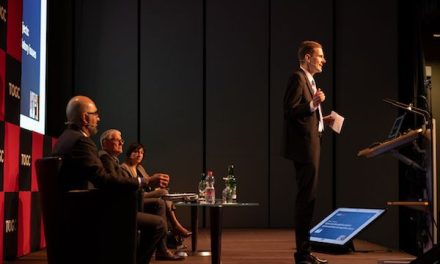New data from The Eco Expert’s National Home Energy Survey has revealed that soaring energy bills and the rise in cost of living has made 43% of Brits less likely to purchase low-carbon technology in the past 12 months.
Low-carbon heating products such as air source heat pumps could help UK households to reduce their energy bills and shrink their carbon footprint by 44%. A heat pump typically saves £6,700 overall compared to a gas boiler, but rising energy costs have denied nearly half of survey respondents the chance to buy green.
The survey of over 2,000 adults found that a quarter of respondents would buy a heat pump (24%) if money were no concern, compared to only 2% of surveyed Brits who did purchase a heat pump in the past 12 months.
Rising energy bills and the general cost of living has had the biggest effect on middle-earning households, which have a total income between 40,000 and £149,999. In fact, 51% of people from these households said they were less likely to consider buying green products as a result.
Green energy options were found to be more viable once people reached a higher earnings threshold and were therefore not as impacted by the cost of living crisis. 38% of people earning over 200k purchased solar panels in the last 12 months (vs just 7% of people on £40-70k) and 50% of people earning over £200k buying an electric vehicle (vs just 8% of those earning £40-70k).
Whilst 49% of respondents admitted making energy efficient measures in their home due to climate change concerns, the majority of eco friendly behaviour was driven by the cost of living crisis; with 81% of respondents admitting to reducing their heating usage, turning off lights or using energy saving bulbs and to cope with rising energy bills.
Josh Jackman, Lead Writer at The Eco Experts comments: “Our survey shows the appetite for green energy is there, but the cost of living crisis is making it impossible for people to make the changes they want to. It’s upsetting that household changes have overwhelmingly been minor alterations made spurred by a desperate need to cut costs, as people are unable to make larger green purchases that would make a real difference to their wallet and the climate.”




